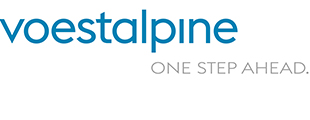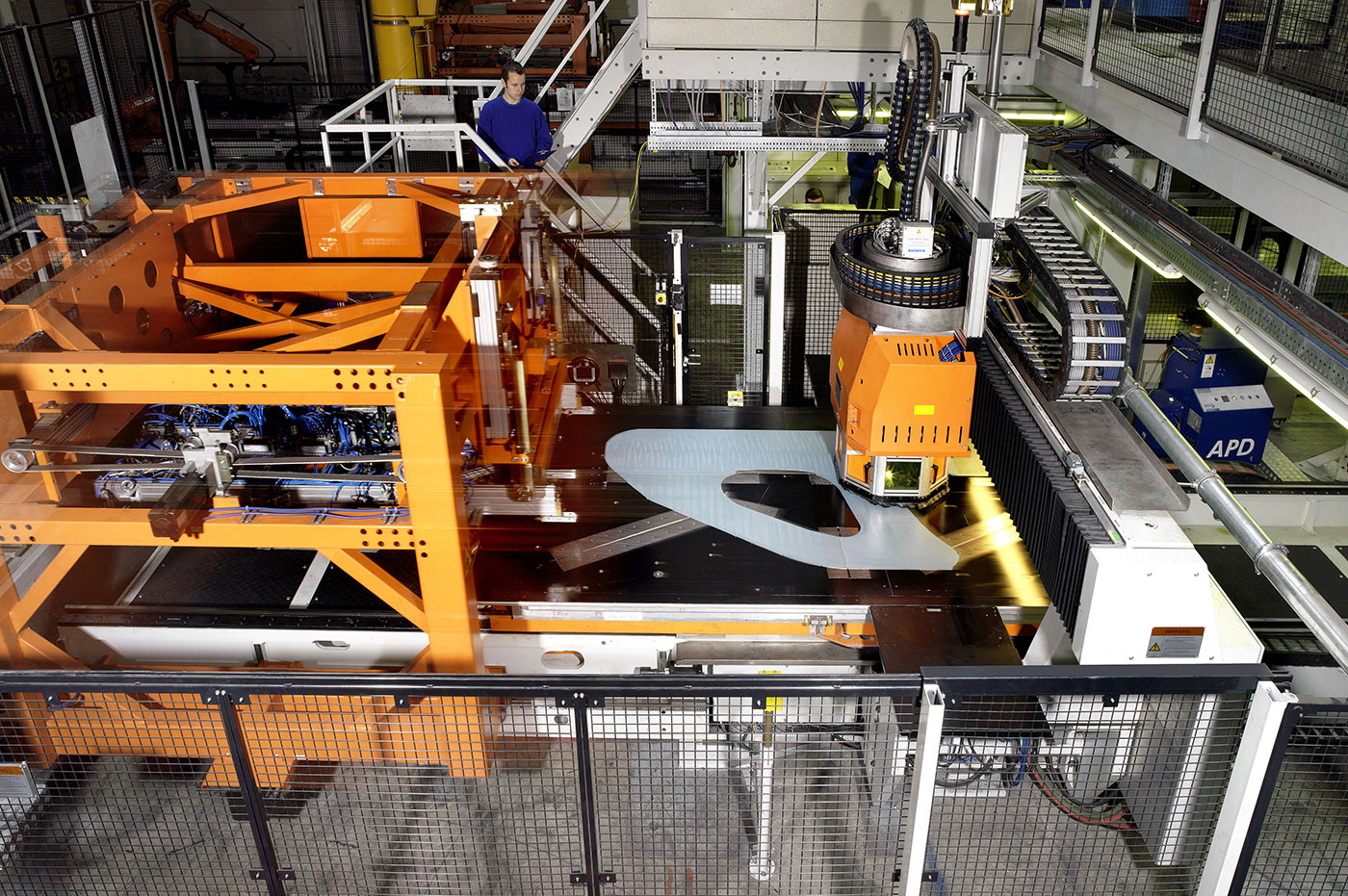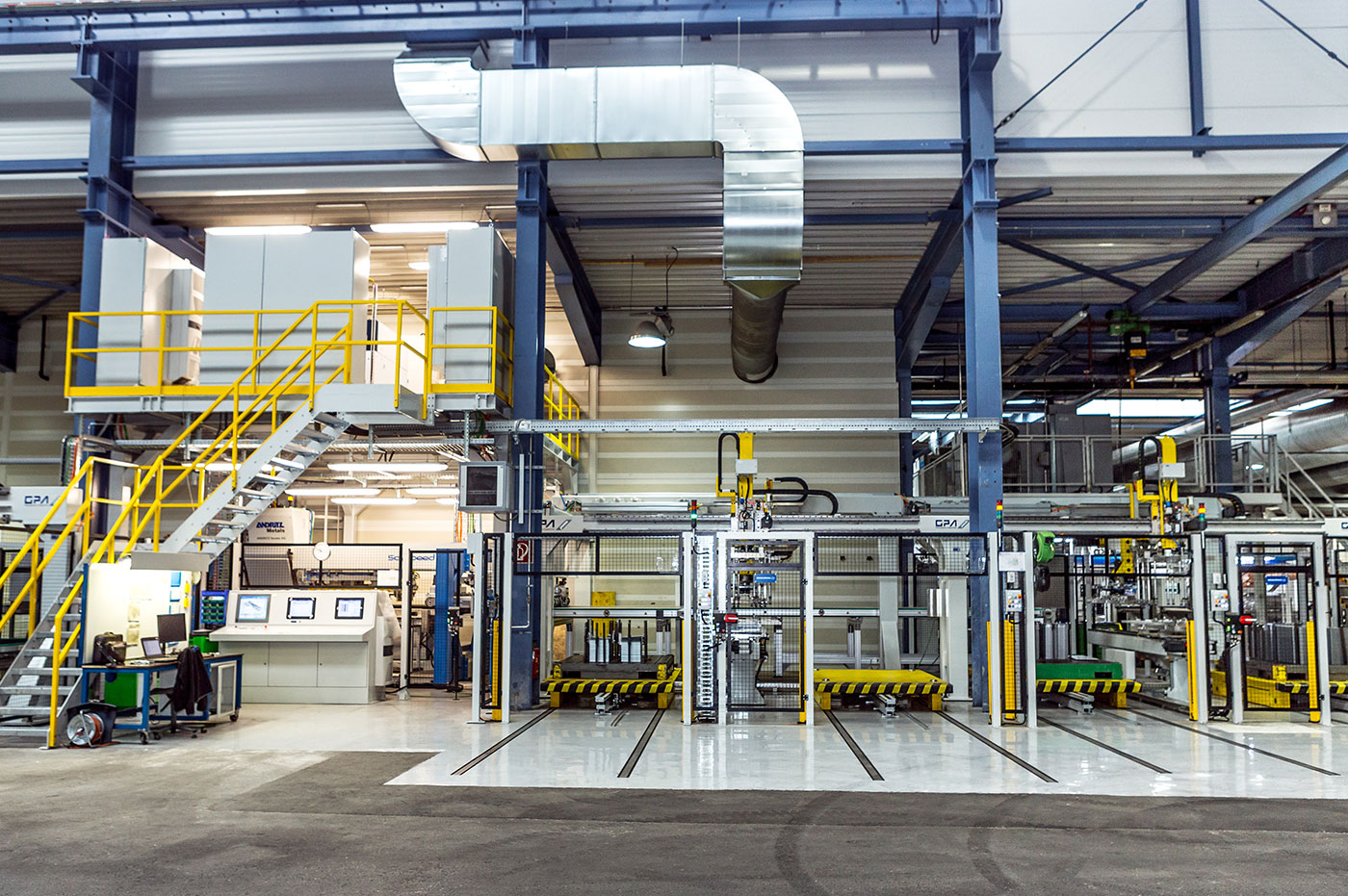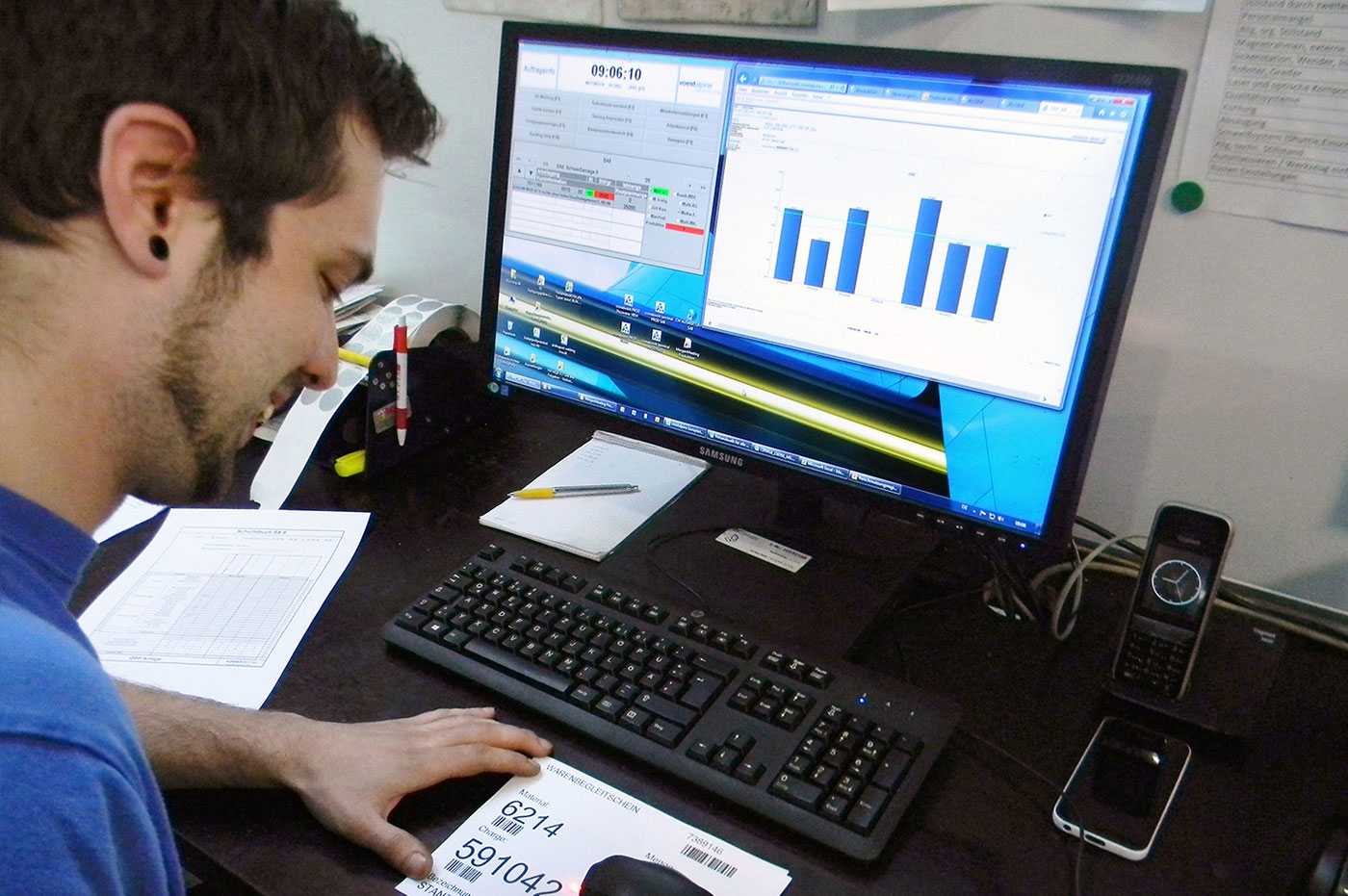Case Study voestalpine Automotive Components
voestalpine Automotive Components Linz GmbH, a subsidiary of the global steel concern voestalpine, annually produces over 15 million laser-welded blanks with 200 employees on two stamping lines and 12 welding lines in Linz, Austria. Customers of Europe’s leading producer of blanks include all well-known automobile manufacturers worldwide.
Best optimization results thanks to cronetwork
Reduction of manual effort
Improved
data quality
Flexibility
of planning
Increased
efficiency
Horizontal & vertical integration
Elimination of redundant data collection
voestalpine Automotice Components can continue to grow with cronetwork
In order to meet the continuously growing demand for steel products in the automobile branch and the required rise in performance in production, including production planning and logistics, voestalpine Automotive Components decided to complement their SAP® system with cronetwork, the MES solution by an IT service provider also located in Linz, Industrie Informatik. “The growth of our company and ever intensifying competition simply made this step necessary,” reports Thomas Nolz, IT coordinator and MES project leader at voestalpine Automotive Components Linz. Furthermore, detailed planning/scheduling in the SAP® standard did not meet the requirements of voestalpine Automotive Components and SAP®’s extension APO (Advanced Planner & Optimizer) was not deemed cost-effective.
Objective: Reduction of manual efford
Before the introduction of the MES solution cronetwork, voestalpine Automotive Components Linz lacked consistent support for business processes on the part of their information systems SAP® and Microsoft Excel. Furthermore, neither integration nor communication between the systems was possible. “Integration therefore had to be handled manually – multiple entry and redundancy of data were the rule,” admits Nolz concerning the situation before the Industrie Informatik solution.
The dominance of Excel in production planning and logistics prevented flexible and comprehensive IT-based planning. All evaluations of production and logistic data involved immense effort. MES project leader Nolz adds: “Corresponding data quality and data integrity were not assured.” Manual entry of machine times and different interpretation methods prevented objectivity. “What we needed was stability of planning and objective performance data – as well as more efficient processes in the value-added chain and massive optimization of our administration.”
Software vendor must be a stable company
The automotive supplier was well aware of the demands on a new MES solution, as IT coordinator Nolz reports: “We wanted an MES with detailed planning, including shift scheduling, machine connectivity and an interface to the leading system SAP® – and all that needed to be a standard solution.” However, not only the product but also the vendor were in the focus of the decision-making process: “The software producer had to be a stable company with a minimum size and corresponding economic success.”
At the end of the selection phase the decision was made in favor of cronetwork by MES specialist Industrie Informatik: “We were sold on the overall package of a successful company, a field-tested MES standard solution, targeted meeting of our requirements, documentation of the proposed implementation in a requirements specification already in the bidding phase, and last but not least an attractive cost/benefit ration,” states Nolz.
The objectives of voestalpine Automotive Components related to the introduction of cronetwork included the implementation of an adaptable and extensible IT infrastructure in consideration of the overall IT architecture, flexible horizontal and vertical integration of the surrounding systems, as well as elimination of multiple data entry. A further goal was increased flexibility and efficiency in production planning, administration, production and corresponding evaluations. IT coordinator Nolz adds: “We also wanted to improve the consistency, integrity and quality of all data and information – and without a reduction of functionality compared to the existing solutions and with replacement of all relevant Excel files.” Automatic recording of times for machine data was originally excluded, but in the course of the project it came to be viewed as important and was also implemented.
Process visualization for successful implementation
Nolz reports that implementation of the overall project cronetwork involved 15 employees and 3000 hours. Selection of staff, preliminary work in SAP®, connection of the consignment warehouse for suppliers, and preliminary work in material tracing, all the way to the actual startup were tasks to be mastered. Here the implementation strategy contributed significantly to the successful introduction, as Nolz explains: “What really helped us were the prefabricated and well-designed process visualization and the persistence in the definition of standard processes.”
After introduction of the cronetwork modules Scheduling Board, PDC (plant data), MDC (material data), PAT (personnel times) for evaluation and personnel planning as well as Production Info with KPIs (key performance indicators), the standard software already covered 85% of the requirements of voestalpine Automotive Components. Additional software development involved primarily in the extension of existing functions.
cronetwork met requirements very well
160 employees of the automotive supplier now use the MES solution cronetwork – including the technical CEO and employees in offices, in production planning and naturally in production.
Primary utilization is in technical management and in production management with evaluations of product and system indicators as a basis for planning and calculation, as well as in controlling, which employs both direct (cronetwork) and indirect (SAP®) evaluation options.
In production planning, the module Scheduling Board serves as the continuation of an SAP® MRP run (Material Requirements Planning). “We use PAT only to map our complex shift model in combination with detailed planning of the systems. In addition, we use plant data collection with automatic collection of down times for all serial lines and in part also automatic collection of down-time reasons,” reports Nolz.
Entries for orders regarding quantities and times, evaluations of all types with indicators, quantities and times on the basis of systems and products complement the depth of functionality for cronetwork. “Other valuable aspects include the evaluations for localizing errors in entries and for material tracing, as well as daily reports with an overview of indicators on a system basis,” Nolz adds.
Above all, MES project leader Nolz appreciates cronetwork functionality regarding detailed planning/scheduling, machine data collection with automatic collection of down times, simple terminal entry processes, and the indicators with their numerous evaluation options.
“Our original requirements are covered well by the software. The flexibility of cronetwork and Industrie Informatik regarding our requirements and the adaptive options were decisive factors for successful introduction and implementation of the solution,” assesses Nolz. In the future, the integration of cronetwork with SAP® will be increased by improving the interface for synchronization of the systems and thus speeding up data exchange. Furthermore, the creation of stock units will be possible not only for storage and processing in the shipping department, but also for production as a whole. Stock units will significantly simplify the management and location of material within the production process.
photos: © voestalpine Automotive Components Linz GmbH
Products:
laser-welded blanks for worldwide automotive industry
Staff:
200 (47500 in the group)
cronetwork modules:
scheduling board, plant data collection, machine data collection, time & attendance, transports, PIDO, KPI, SAP® connector
„The flexibility of cronetwork and Industrie Informatik regarding our requirements and the adaptive options were decisive factors for successful introduction and implementation of the solution.“




